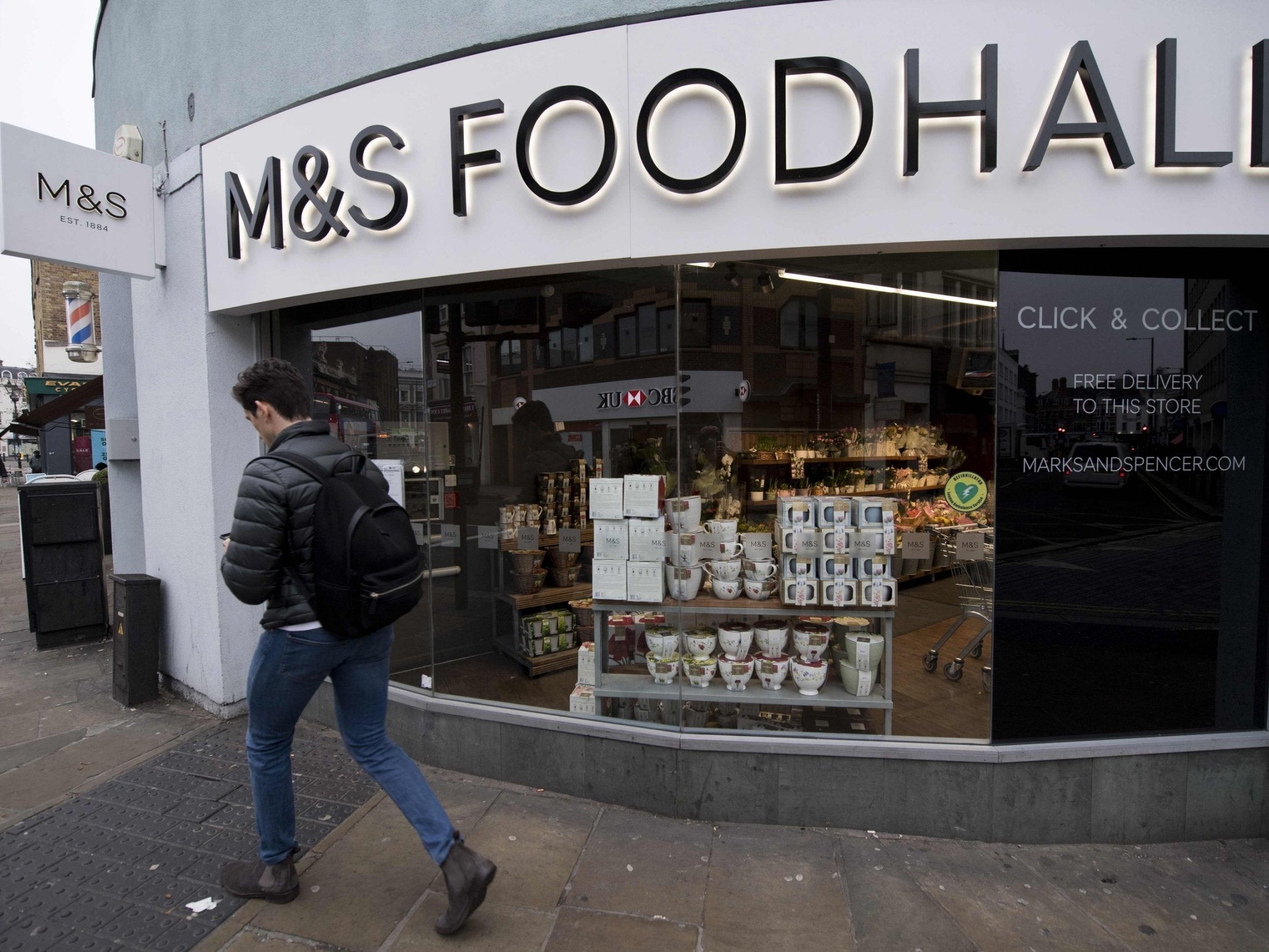M&S to open new food halls: an Asbury's unicorn could really help with that
The retailer has made a big bet on food with its £750m Ocado joint venture. Now it needs to convince people it can handle their weekly shop

The latest news out of M&S reinforces the impression of boss Steve Rowe as a poker player faced with a dwindling stack of chips who thinks he’s found a hand to go all in on.
That hand is, of course, M&S’s £750m joint venture with Ocado, a deal he signed with the aim of getting the company a piece of the fast growing internet/home delivery grocery sector.
Over the weekend it emerged that he’s hatched a plan to address one of its biggest potential stumbling blocks: the question of whether people will be willing to do a full shop with M&S.
As currently constituted, M&S Food is a place you might buy lunch, dinner with one of those two courses for a tenner offers (or whatever they charge now), odds and ends you might need midweek, the occasional treat. The bits and pieces impression is compounded by the fact that there are only a small number of stores that currently stock the full range (Ocado had formerly partnered with Waitrose which didn’t present that problem).
M&S’s plan to address this is to give its grocery business more space at existing outlets while opening new food halls stocking the full range.
The theory behind it is sound: to get shoppers’ clicks for its JV it needs to show that it can do what Waitrose, Tesco, Sainsbury’s and Asda do with its bricks.
In practice it’s likely to prove tough in the midst of a bad economy that could soon get a lot worse, which drives people towards Aldi and Lidl, the sector’s two discount disrupters.
At the time of the Ocado deal’s announcement, I took the view that Rowe had done the right thing in rolling the dice, despite the fancy price.
As a general retailer, M&S has been in long term decline with the problems that have led to the death of a growing list of high street staples. It’s spent a fortune on big name executives who have singularly failed to revive the business in its current form.
Rowe’s decision to take it down a new road was therefore understandable, and bold. But we shouldn't underestimate the difficulties he faces.
One thing that could really help him is if Asda and Sainsbury’s were somehow able to overcome the objections the Competition & Markets Authority (CMA) has raised over their planned merger.
Such an event would inevitably lead to a large number of ready made supermarkets coming on to the market at an affordable price, some of which M&S could conceivably pick up and use as its showrooms.
For that to happen, however, Asbury’s bosses need to find a unicorn to save a deal that currently looks like a dodo. I don’t imagine Rowe is holding out too much up of it prancing down the High Street to his door.
Join our commenting forum
Join thought-provoking conversations, follow other Independent readers and see their replies
Comments
Bookmark popover
Removed from bookmarks